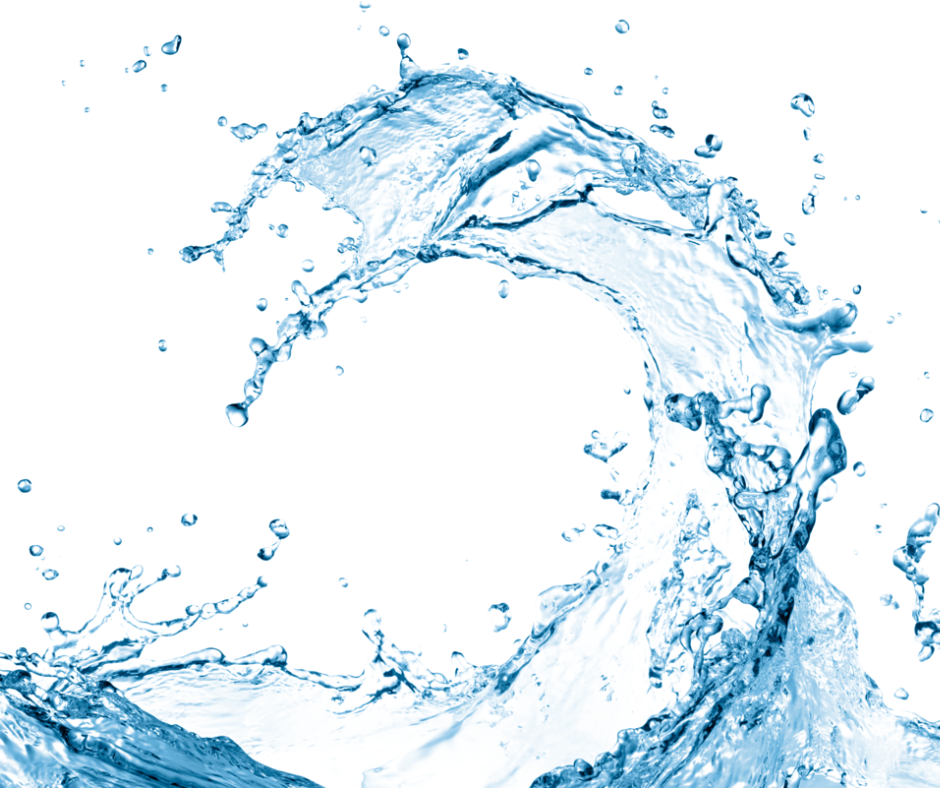The Role of Aquaculture in Sustainable Food and Beyond
January 4, 2024
At UNC’s 2024 Cleantech Summit, there will be an aquaculture panel focused on innovations in that field and how new technologies are leading to a promising future for sustainable seafood. Food sourced from bodies of water, or “blue foods,” are the most highly traded food products in the world, and demand for blue products is expected to double by 2050. In comparison to other forms of protein production, aquaculture is far more sustainable in terms of resource and environmental impact. Incorporating more aquaculture within the food industry will be paramount in meeting global food needs and fighting climate change. However, aquaculture will need to continue growing and evolving to keep up with the increased demand for sustainable seafood products.
New solutions to improve health and the planet
I had the pleasure of interviewing the CEO and co-founder of Biofeyn, Dr. Timothy Bouley, to learn more about his company’s contributions to the aquaculture industry and other exciting innovations in the field. Dr. Bouley received his medical degree from Duke University and a Master of Science in Geography and Environment from Oxford University. Dr. Bouley started his career in research and medicine and has worked at the intersection of human health, animal health, and the environment. In 2019, Dr. Bouley founded Biofeyn, a life sciences company that applies biomedical technology to make advancements in food. The work Biofeyn does combines Dr. Bouley’s extensive biological knowledge with his passion for the environment.
Dr. Bouley offered excellent insight into why aquaculture is so important and will continue to be essential to preserving the planet’s food supply and preventing irrevocable climate damage. Aquaculture is the “fastest growing food production sector” and is incredibly wide-encompassing, as “any kind of farming done in water is considered aquaculture.” I was also interested to hear that aquaculture can be utilized beyond food production. For example, algae can be used as feed in bioplastics, or biodiesel.
Biofeyn’s main goal is to focus on fish feed and reducing waste in that area, while ensuring delivery of the optimal, nutrient-packed protein to consumers. I was eager to learn more about the nuances of this technology. Biofeyn “takes the important ingredient or medicine and stabilizes them.” This product is consequently fed to the animals in a way that allows more “nutrients to get into the tissue.” Dr. Bouley was able to use his extensive knowledge as a physician to employ the same technology with fish that has been used in human health and medicine. He asserted that the technology that Biofeyn uses is similar to the COVID-19 vaccine technology, where the key nutrients are delivered to the tissue, protected by a shell of naturally derived compounds to ensure better absorption.
Looking ahead
When asked about the future of his company and aquaculture in general, Dr. Bouley informed me that Biofeyn will aim to make their technology “even more efficient” and sees a future where they can apply this technology “to any species.” Dr. Bouley also enlightened me about other exciting innovations in the aquaculture sector. There are some companies “farming insects and using them as fish feed,” there are countless new on-shore farms that use “indoor pool farming,” and there are constant discoveries of “new animals and plants that can be farmed.” Another facet of aquaculture Dr. Bouley looks forward to is innovation with algae. Algae is packed with micronutrients and protein and can be used to “feed to cows and chickens to cut down on traditional farming greenhouse gas emissions.” Dr. Bouley left me with the remark that “all species on the planet evolved from the ocean, and if we want to improve the health of this planet, we should protect and use the ocean.” I think this statement beautifully encapsulates the importance of aquaculture for a sustainable future. Dr. Bouley and Biofeyn, alongside other leading companies in the aquaculture space, are up to the challenge of delivering sustainable seafood to preserve the future of the planet.
This article was written by Josie Harper, an IE Cleantech Corner Initiative intern and current UNC-Chapel Hill student.
References:
https://www.linkedin.com/in/timothy-a-bouley-354b0533/
Demavivas, Karen. “4 Ways to Ensure the Future of Aquaculture is Sustainable.” World
Economic Forum, March 30, 2023. https://www.weforum.org/agenda/2023/03/4-ways-to-ensure-the-future-of-aquaculture-is-sustainable/#:~:text=The%20aquaculture%20industry%20is%20expected,provide%20more%20sustainable%20blue%20food.&text=Demand%20for%20blue%20foods%20%2D%20food,of%20consumers%20around%20the%20world. Accessed December 18, 2023.
“The Future of Aquaculture.” Global Salmon Initiative, 2023,
https://globalsalmoninitiative.org/en/our-work/the-future-of-aquaculture/. Accessed December 18, 2023.
